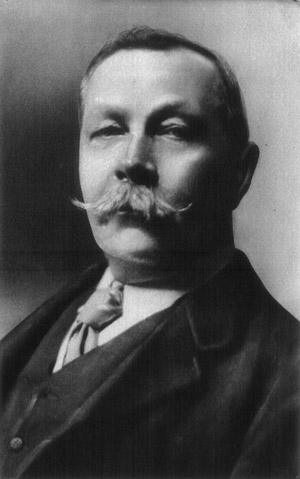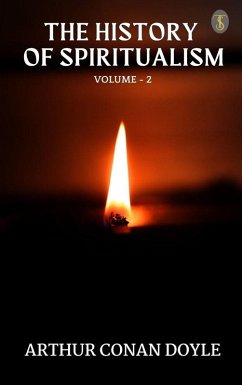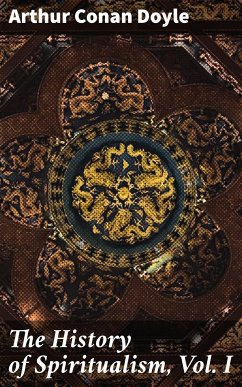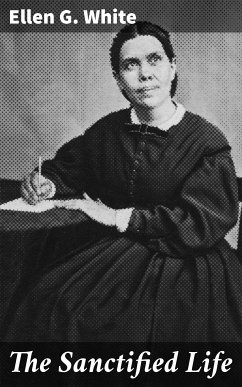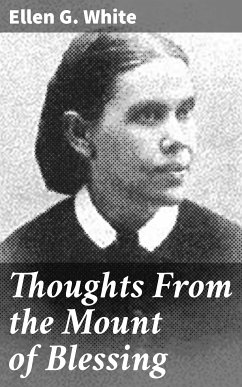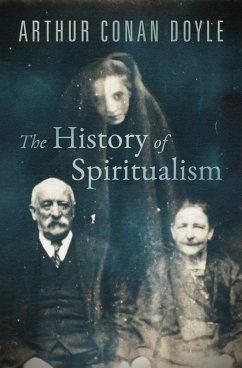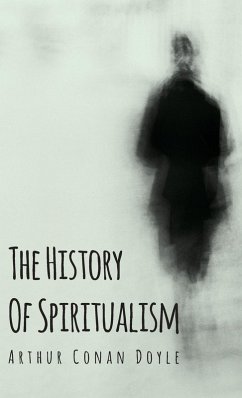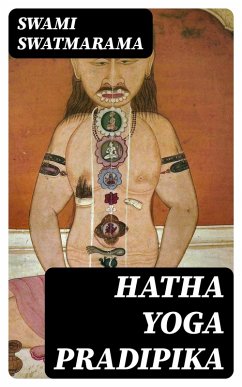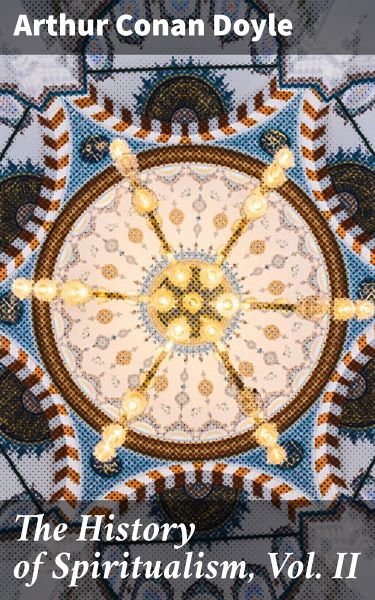
The History of Spiritualism, Vol. II (eBook, ePUB)
Enriched edition. Exploring the Supernatural: A Scholarly Journey into Spiritualism
Kommentar: Ainsworth, Malcolm / Redaktion: Good Press

PAYBACK Punkte
0 °P sammeln!
In "The History of Spiritualism, Vol. II," Arthur Conan Doyle delves into the burgeoning movement of spiritualism that gained traction in the late 19th and early 20th centuries. With meticulous research and a narrative style that intertwines anecdotal evidence with rigorous analysis, Doyle explores the cultural and psychological underpinnings of spiritualist practices. This volume addresses prominent spiritualist figures, controversial séances, and public perceptions, all while situating spiritualism within the broader context of the Victorian fascination with the supernatural and the quest f...
In "The History of Spiritualism, Vol. II," Arthur Conan Doyle delves into the burgeoning movement of spiritualism that gained traction in the late 19th and early 20th centuries. With meticulous research and a narrative style that intertwines anecdotal evidence with rigorous analysis, Doyle explores the cultural and psychological underpinnings of spiritualist practices. This volume addresses prominent spiritualist figures, controversial séances, and public perceptions, all while situating spiritualism within the broader context of the Victorian fascination with the supernatural and the quest for understanding beyond the material world. Arthur Conan Doyle, more widely recognized as the creator of the illustrious detective Sherlock Holmes, was not just a master of fiction but also a fervent advocate for spiritualism following the profound loss of loved ones. His deep personal investments in the subject, combined with his scientific background, led him to approach spiritualism with both skepticism and earnest curiosity. Doyle's exploration reflects his desire to find solace in the face of grief, which profoundly shaped his interpretations and conclusions in this second volume. "The History of Spiritualism, Vol. II" is essential reading for anyone intrigued by the intersection of the metaphysical and the scientific, as well as those interested in the societal implications of spiritualist beliefs. Doyle's compelling prose invites readers to engage with the complex relationship between humanity and the unknown, making this work not only a historical account but also a thought-provoking exploration of belief itself. In this enriched edition, we have carefully created added value for your reading experience: - A succinct Introduction situates the work's timeless appeal and themes. - The Synopsis outlines the central plot, highlighting key developments without spoiling critical twists. - A detailed Historical Context immerses you in the era's events and influences that shaped the writing. - An Author Biography reveals milestones in the author's life, illuminating the personal insights behind the text. - A thorough Analysis dissects symbols, motifs, and character arcs to unearth underlying meanings. - Reflection questions prompt you to engage personally with the work's messages, connecting them to modern life. - Hand-picked Memorable Quotes shine a spotlight on moments of literary brilliance. - Interactive footnotes clarify unusual references, historical allusions, and archaic phrases for an effortless, more informed read.
Dieser Download kann aus rechtlichen Gründen nur mit Rechnungsadresse in A, B, BG, CY, CZ, D, DK, EW, E, FIN, F, GR, H, IRL, I, LT, L, LR, M, NL, PL, P, R, S, SLO, SK ausgeliefert werden.




